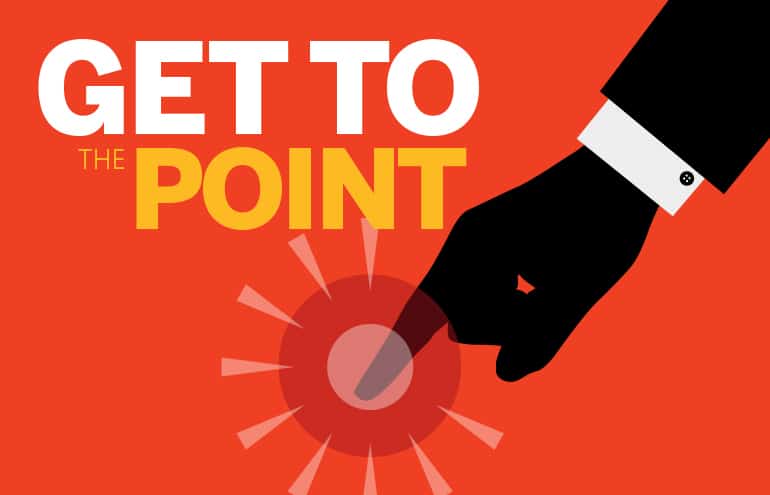Supersede is a concise word lawyers love to use, so why do so many get it wrong?

Here’s The Seed of an Idea to Stop This Mistake
Did you ever handle a case involving a supersedeas bond? Quick reminder: when a losing civil defendant wants to block enforcement of the judgment during an appeal, the defendant can lodge a bond with the court to guarantee payment if the appeal is unsuccessful. While the bond is in place the plaintiff cannot execute on the judgment, but is guaranteed payment should the plaintiff prevail.
Supersedeas translates from Latin to “You shall desist.” The word derives from the verb supersedere. The more commonly used “supersede” is also a descendant of supersedere. “Supersede” was first recorded in English usage in 1640 to mean “displace” or “replace.” A version appeared in Scots Middle English about 100 years earlier.
Supersede — The Outlier Verb
Plenty of English verbs end with ceed, such as exceed, proceed, and succeed. Also common are words ending with cede, such as accede, concede, intercede, precede, recede, and secede.
Most authorities and dictionaries show “supersede” as the only English word ending in sede. Merriam-Webster lists obsede as an English transitive verb, meaning to obsess. (My spell checker thinks “obsede” doesn’t exist.)
Why You’re Getting Supersede Wrong
Supersede is a concise word lawyers love to use. When something happens that (allegedly?) overrides the prior state of affairs, we say the new development supersedes the prior status quo. Supersede just seems more specific than the synonyms the thesaurus lists like supplant or replace.
Yet, many writers misspell the word. “Supersede” is such an unusual word that apparently users just don’t believe that spelling could be correct.
Instead, they write “supercede.” Spellcheckers will catch that error, so presumably, as users hastily ran their review protocol, they told their software to ignore the correction. As we all know, once that word is user-approved, the typist is free to keep using it with no reminder that it is not right. That’s why “supercede” keeps appearing in legal writing, and why it makes the writing look sloppy.
Fix Your Dictionaries
Just because you approved an incorrect spelling in the past doesn’t mean you are stuck with it. Double-check that you didn’t enable an incorrect spelling by deleting it.
- Here are the instructions for deleting an incorrect word from your custom dictionary in Word.
- Here are the instructions for removing an incorrect word from your personal dictionary in Google Docs.
- Here are the instructions for editing your personal dictionary in Grammarly.
When you review your personal dictionary, take the time to check for any other unintentional inclusions.
If you don’t find “supercede” in your approved list, good for you. Remember not to approve the misspelling on a one-time basis going forward. That way, your unassailable communication will supersede any errors your fingers would otherwise commit.

More Writing Tips
Find more good ideas for improving your legal writing and communications skills in “Get to the Point” by Teddy Snyder.
Subscribe to Attorney at Work
Get really good ideas every day for your law practice: Subscribe to the Daily Dispatch (it’s free).
Image © iStockPhoto.com
















